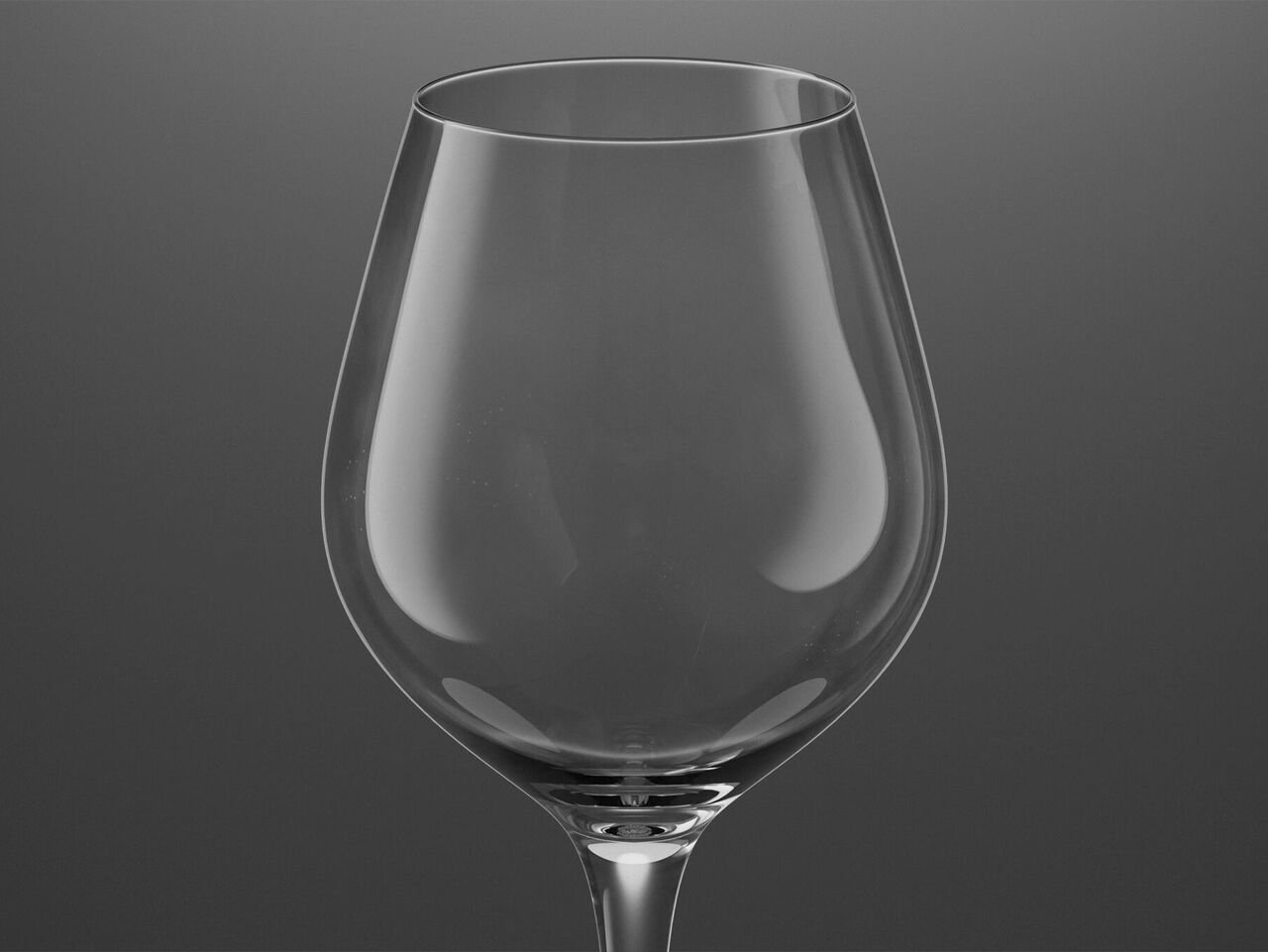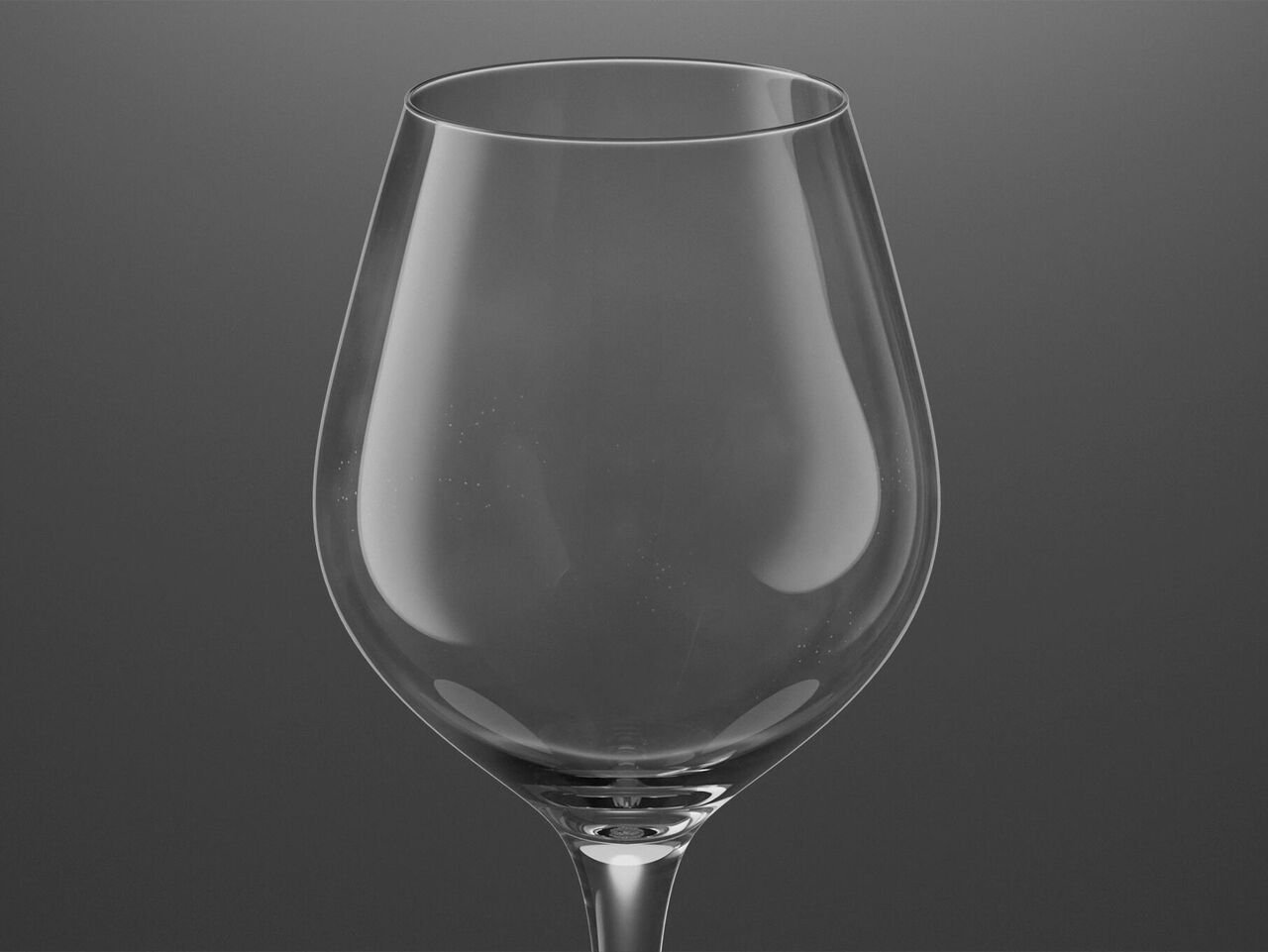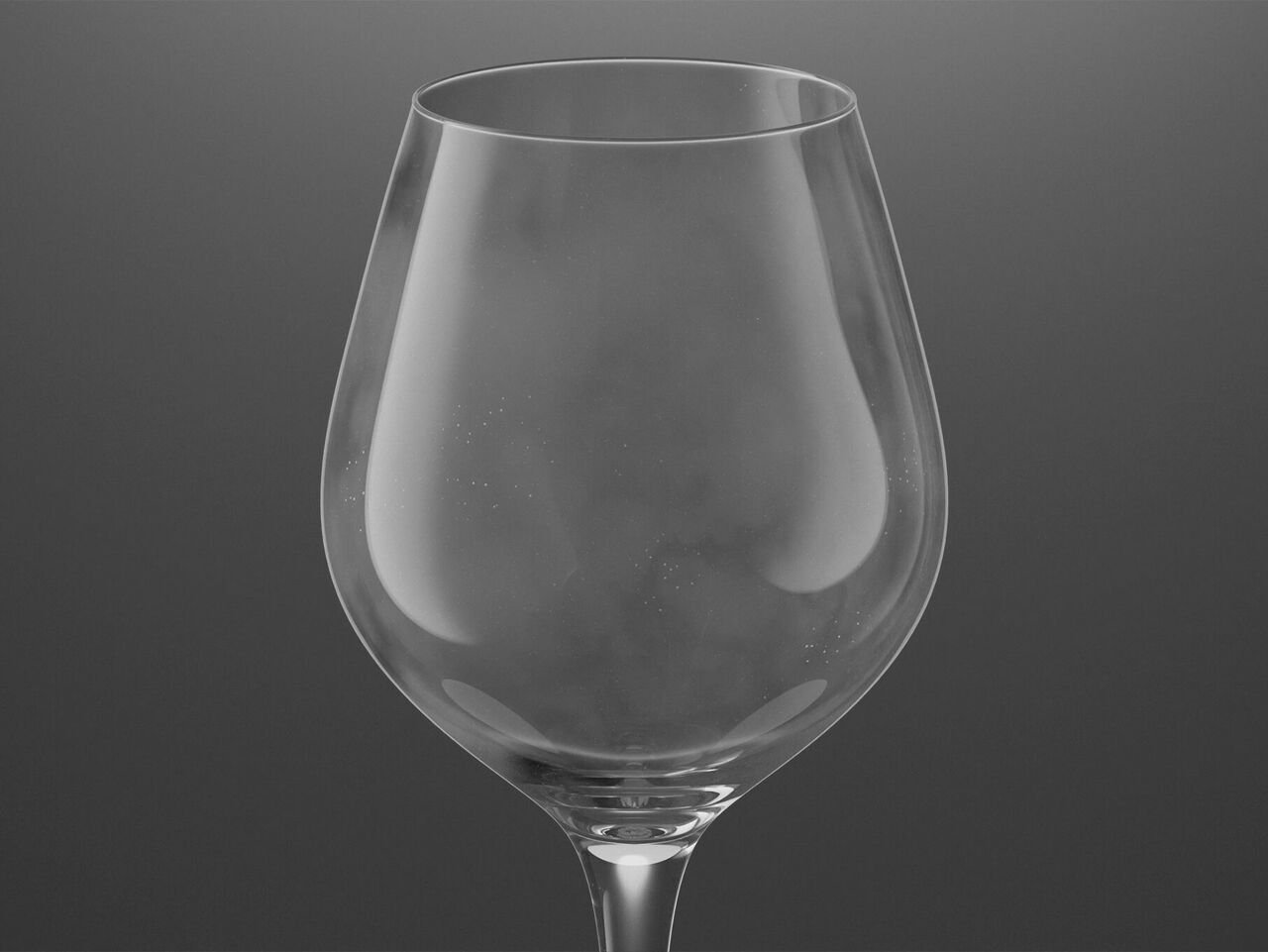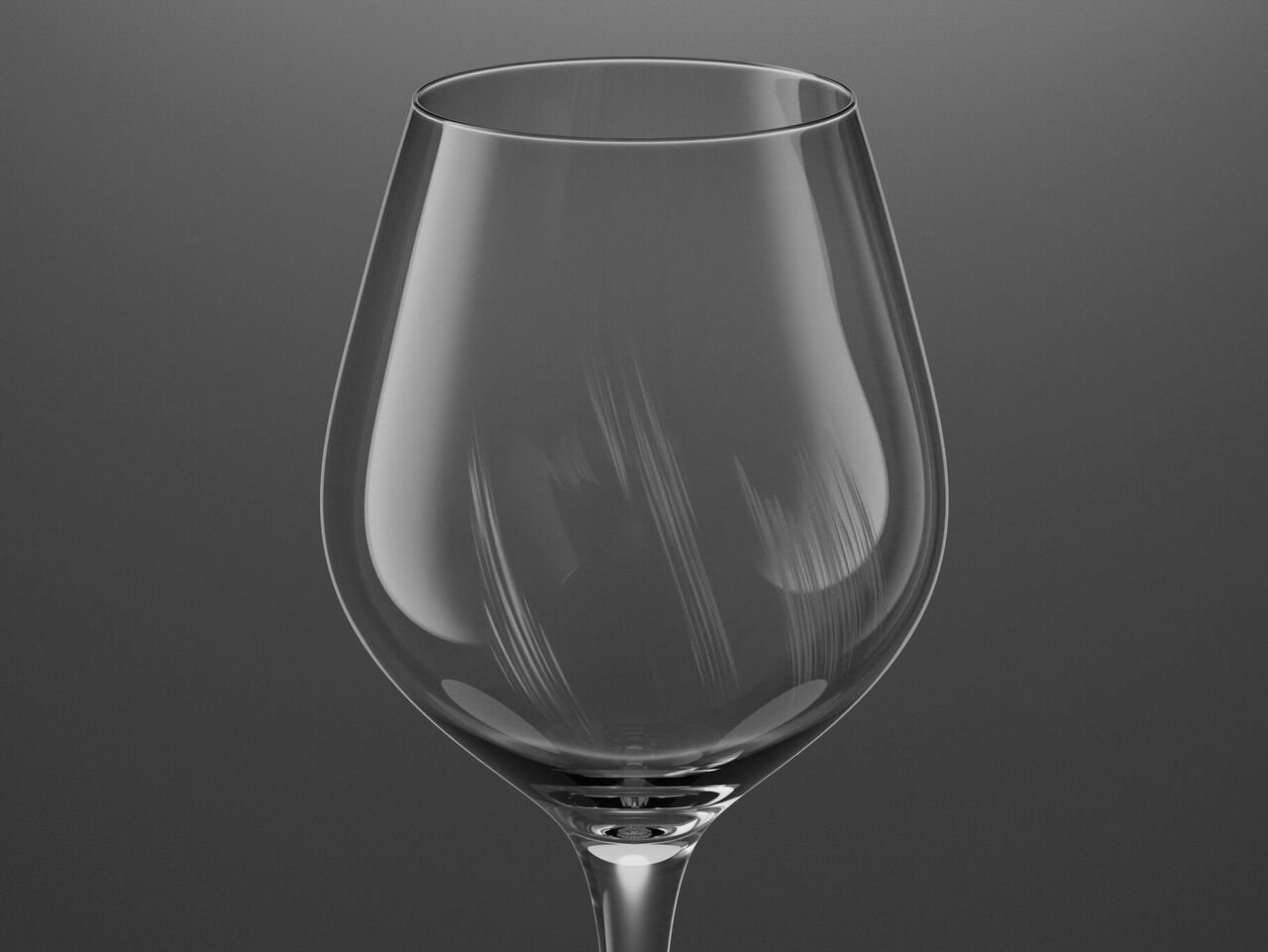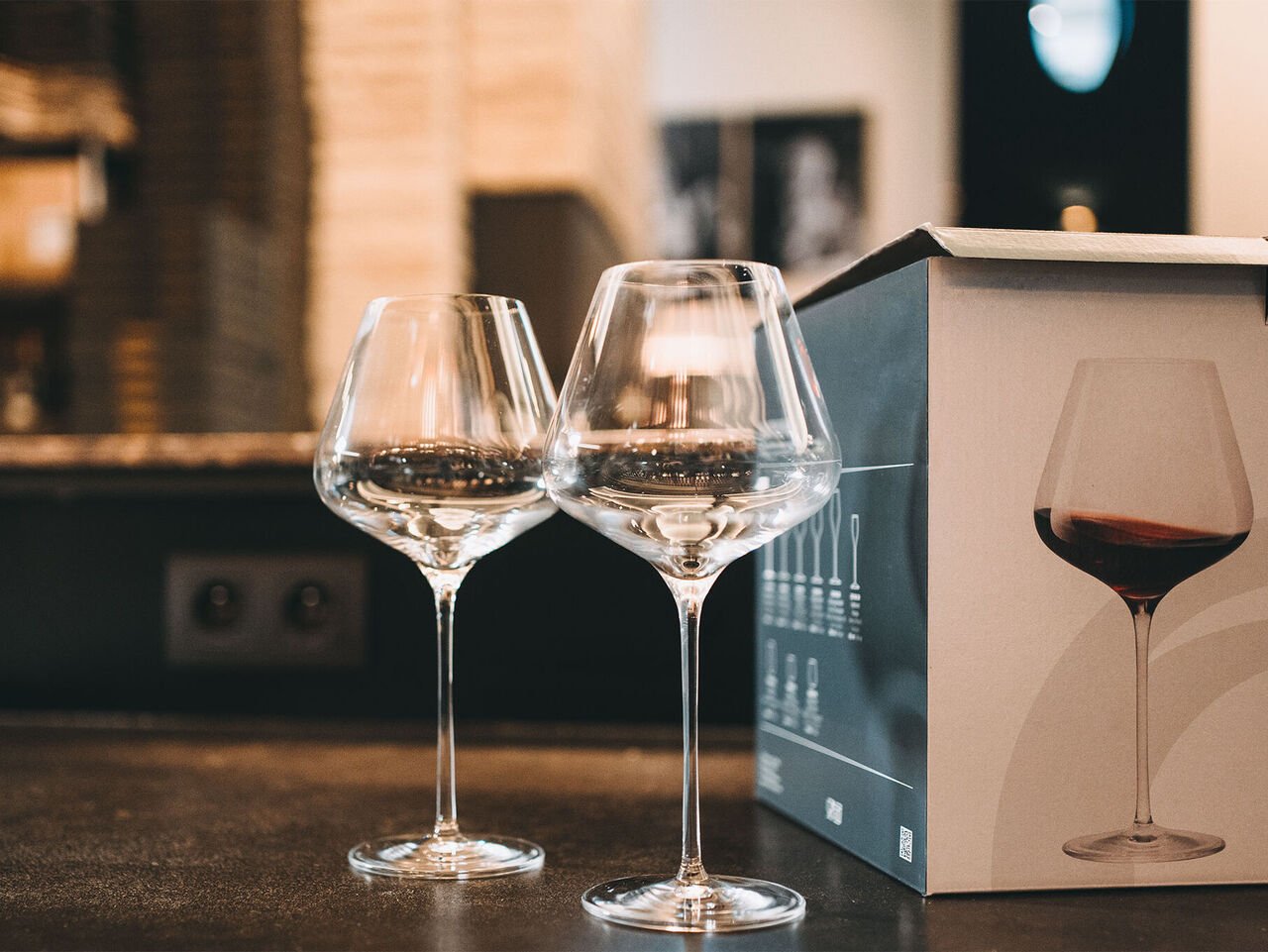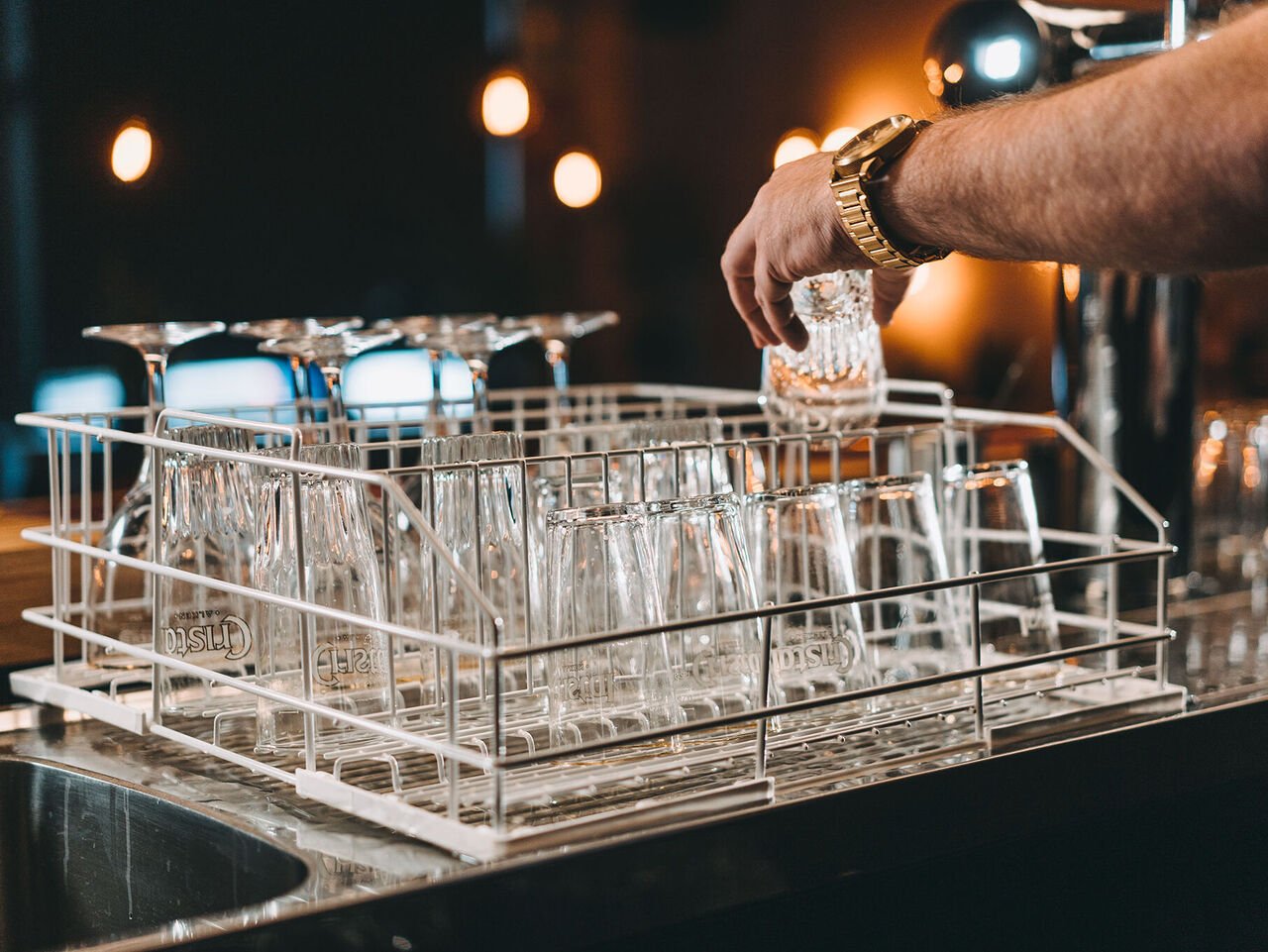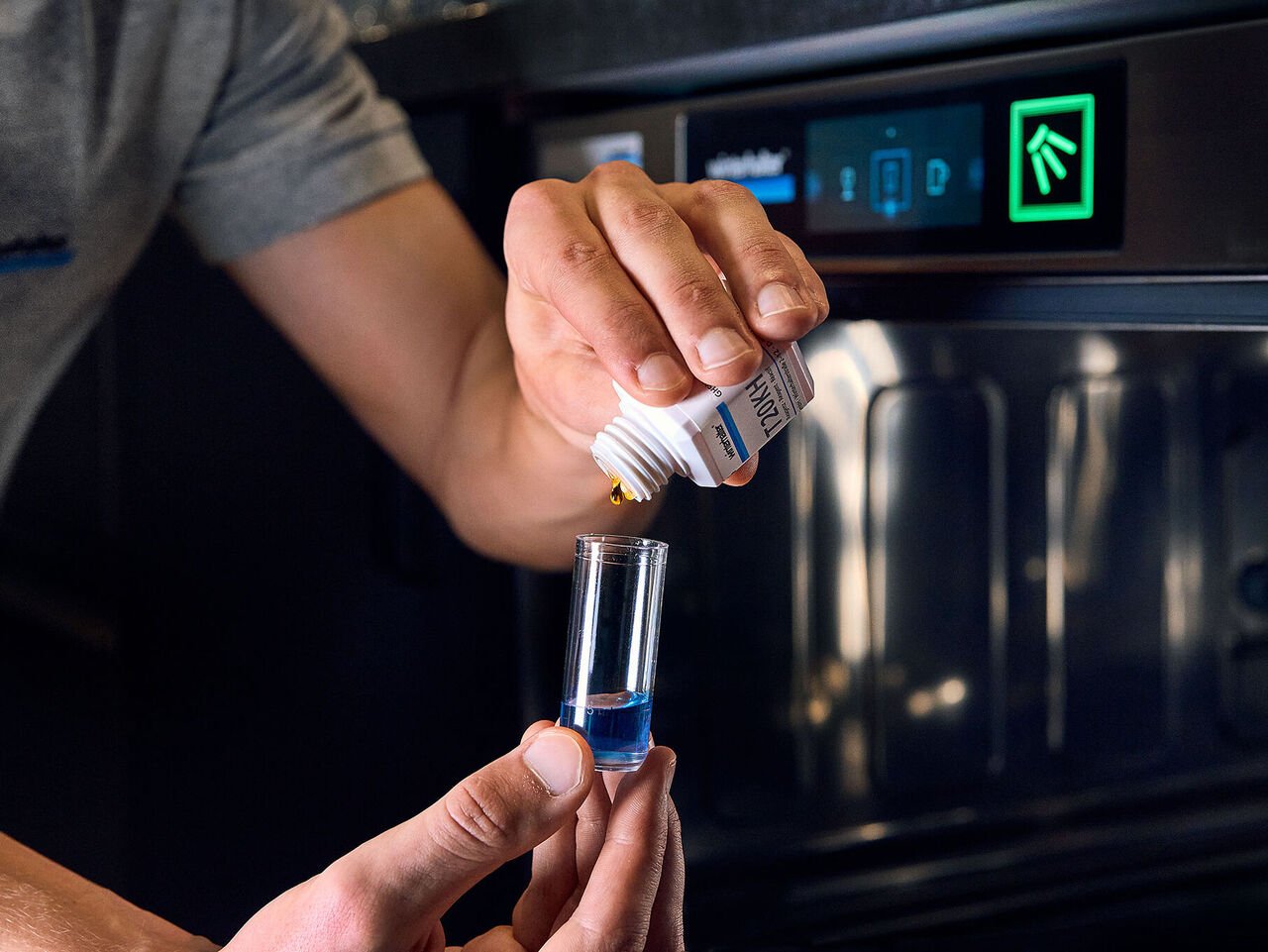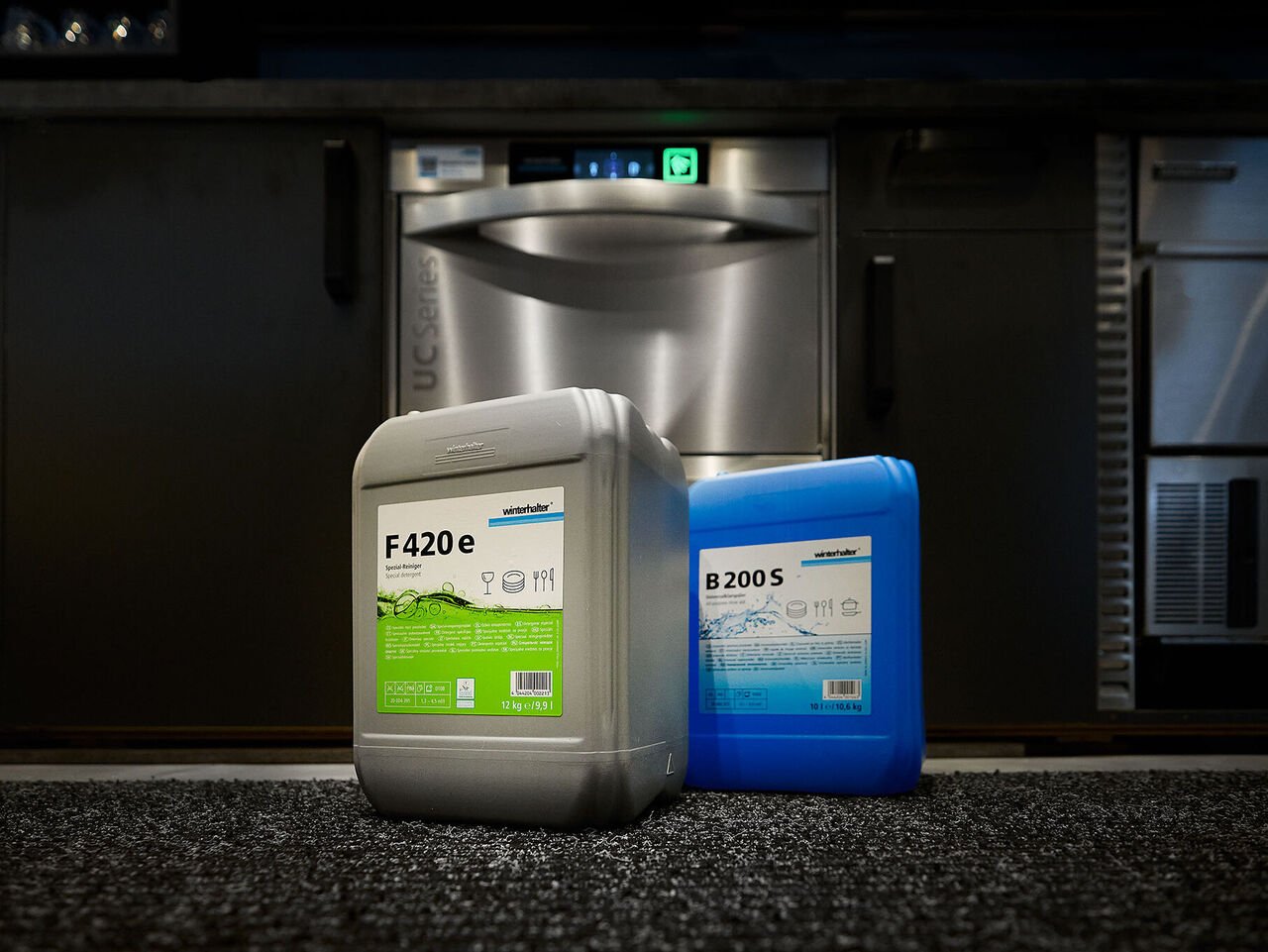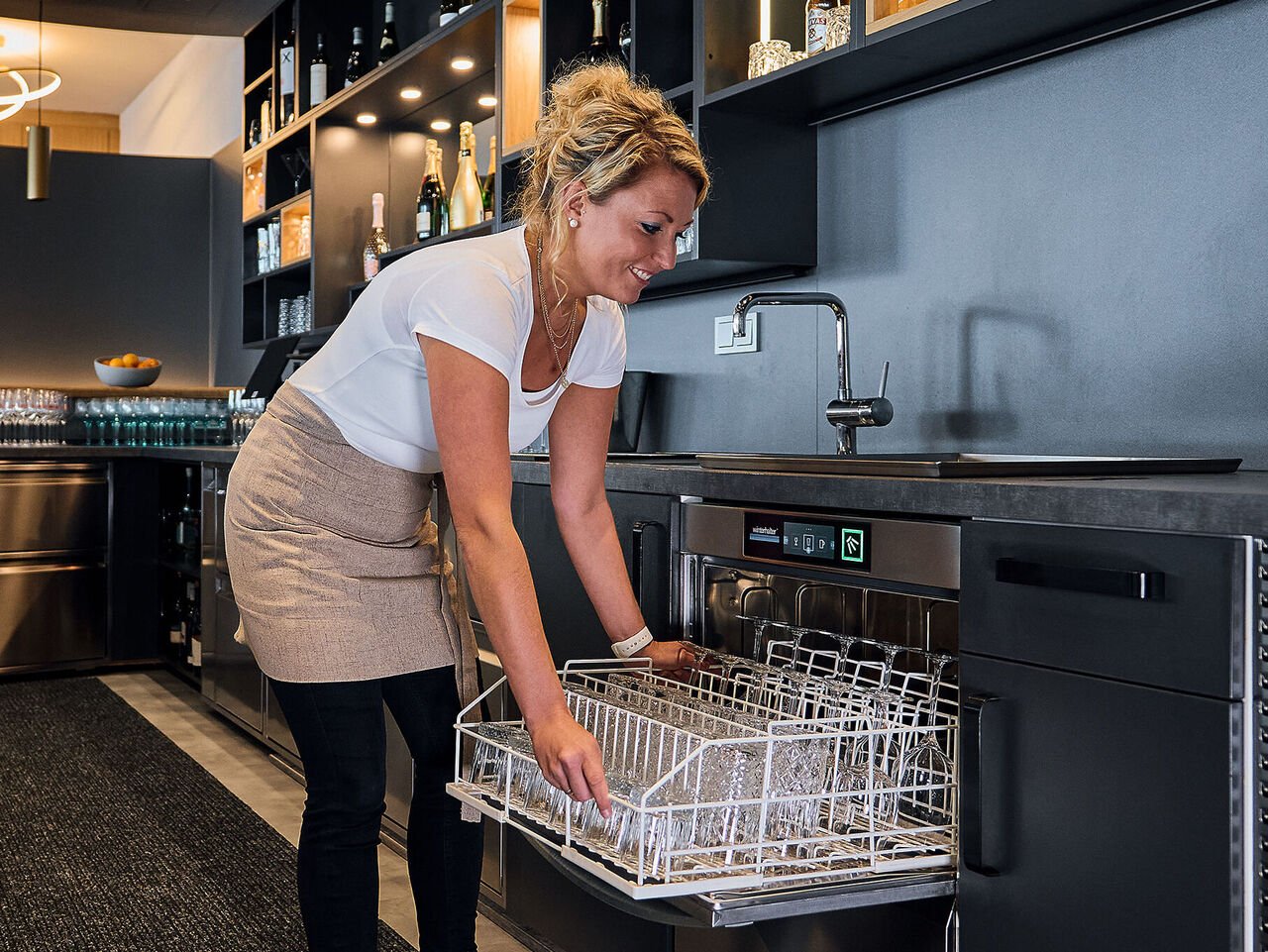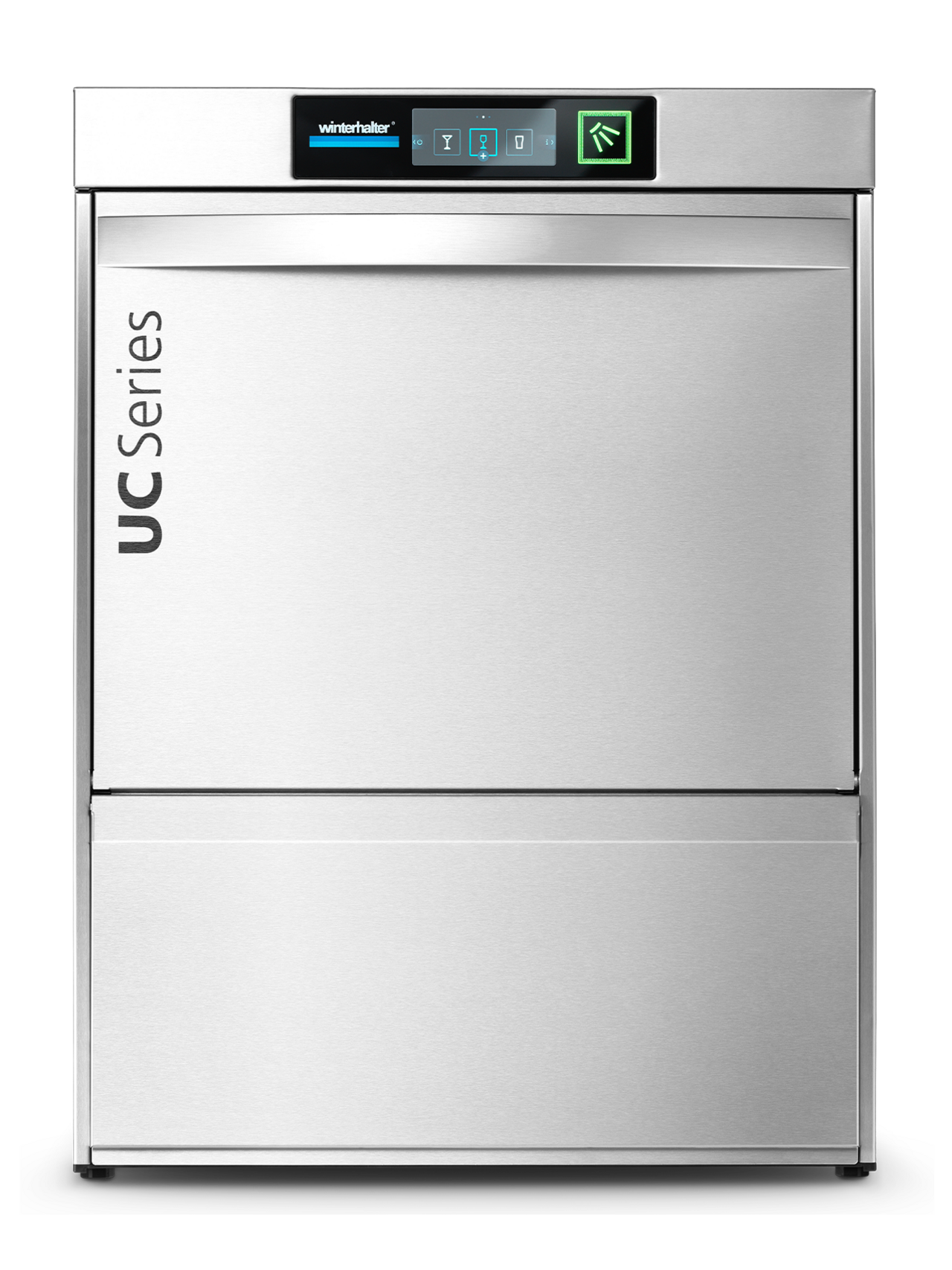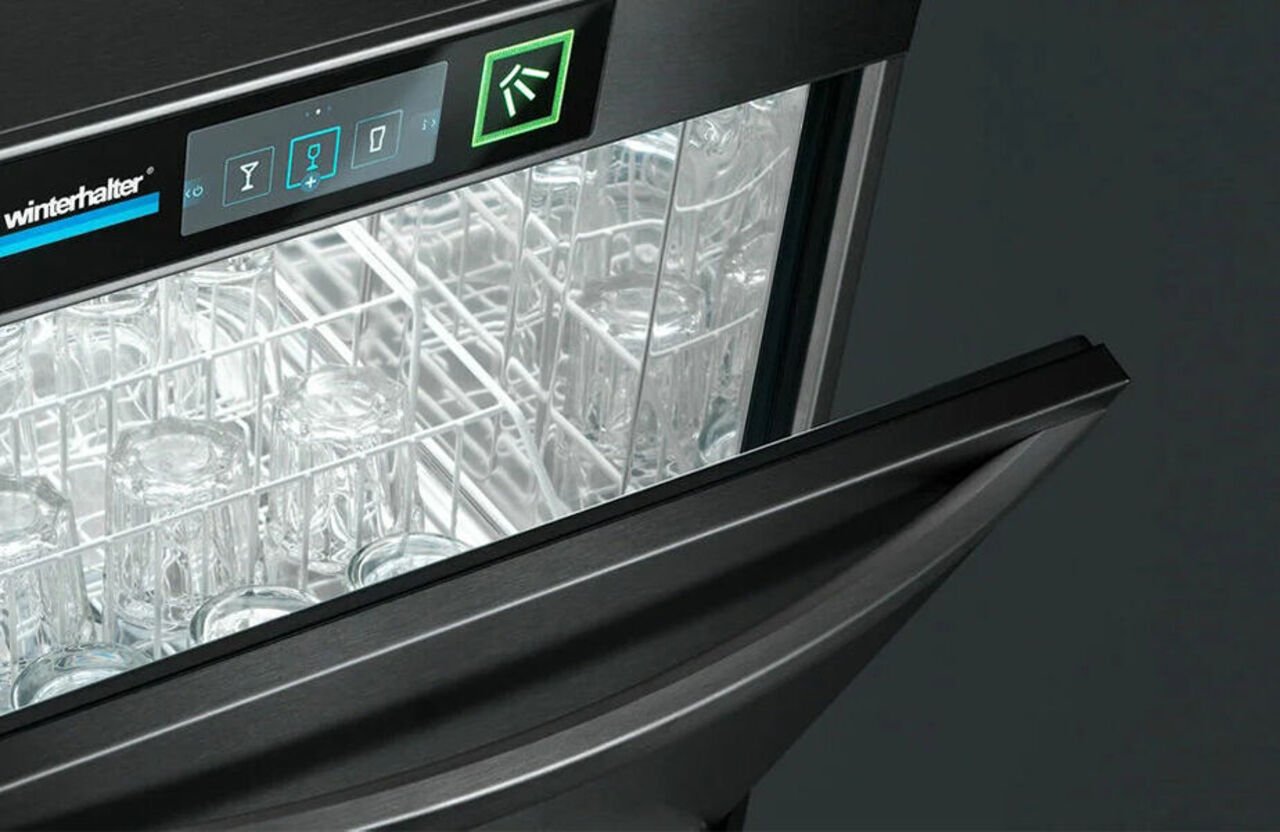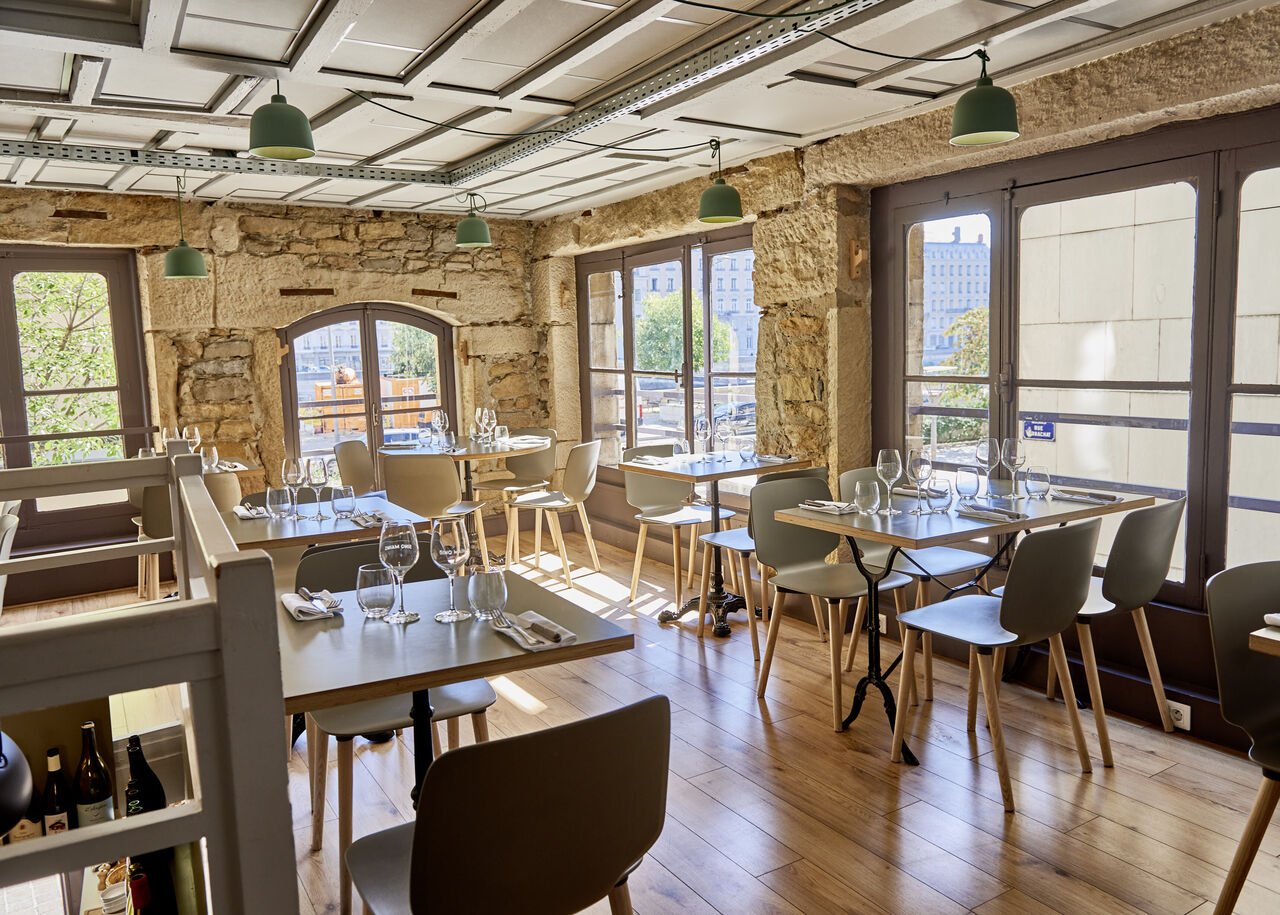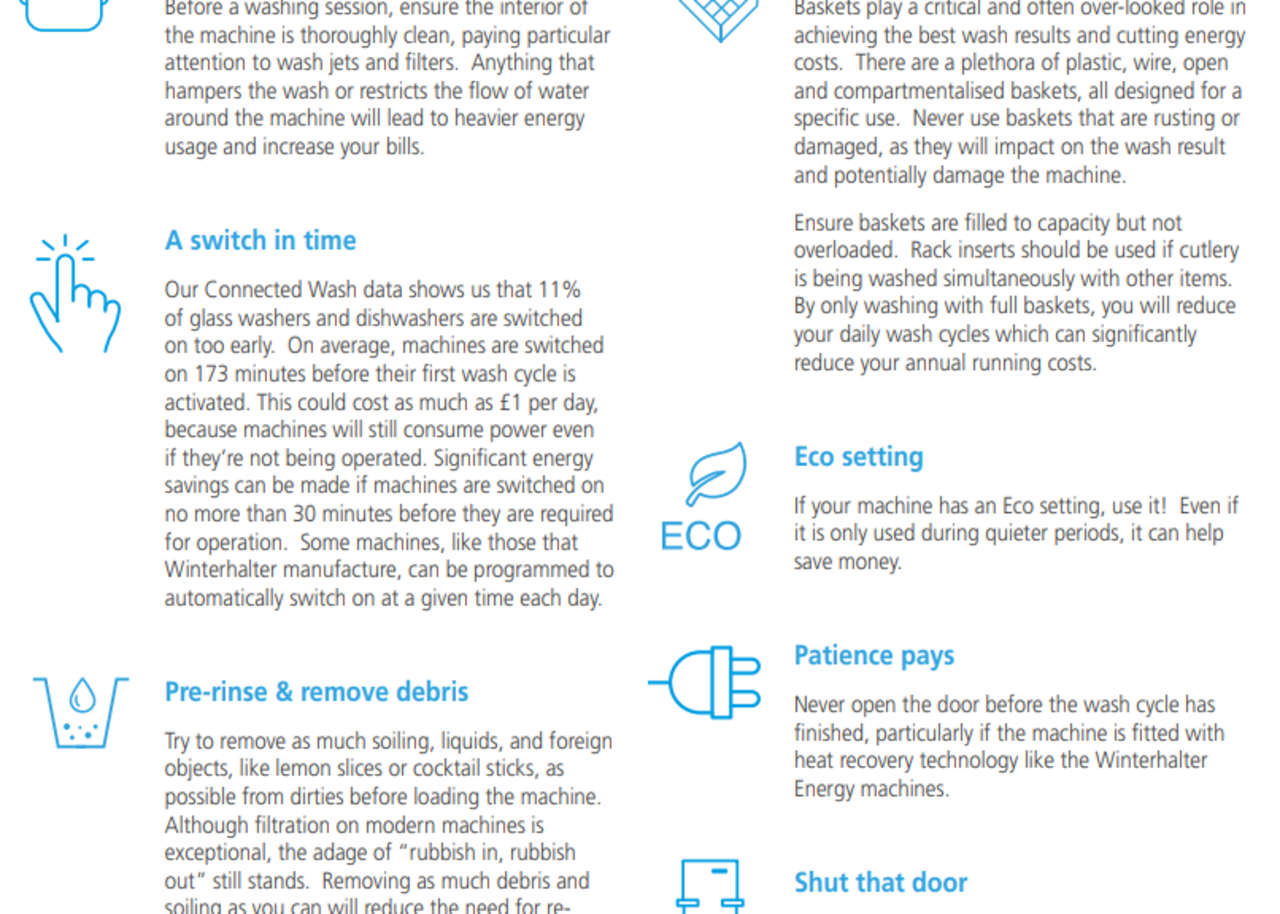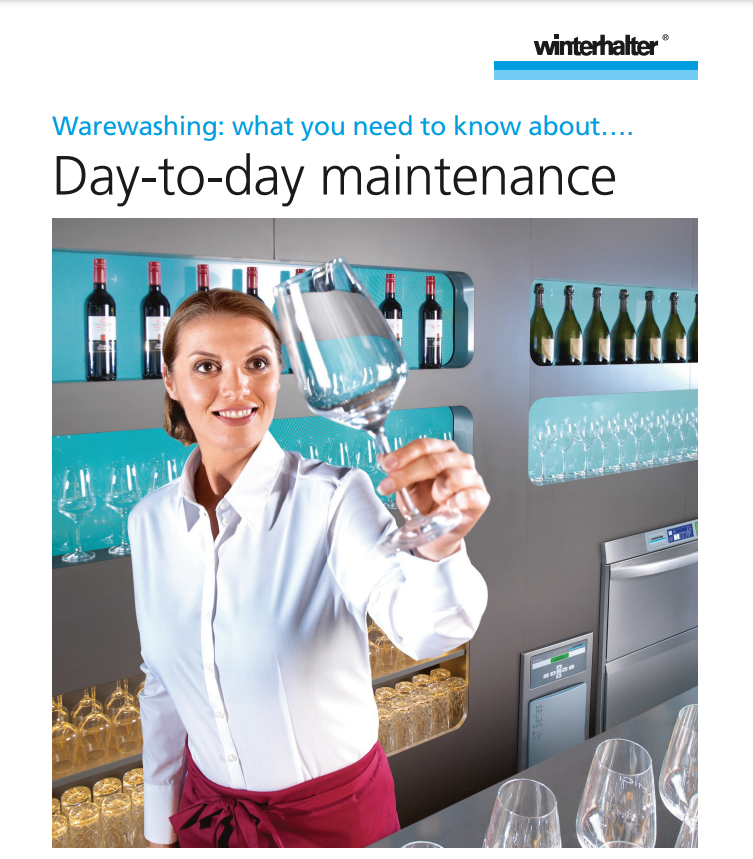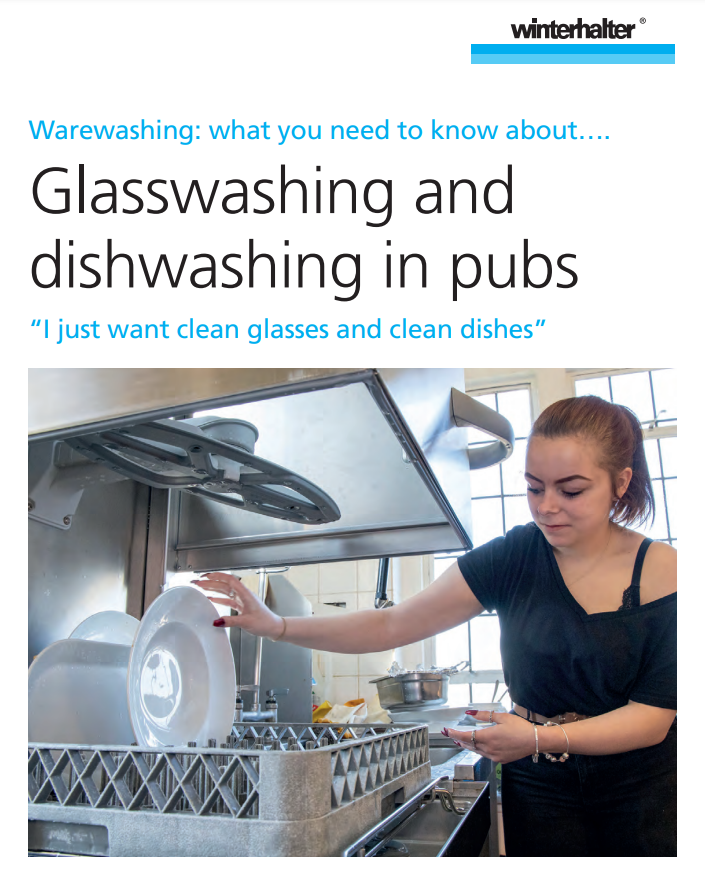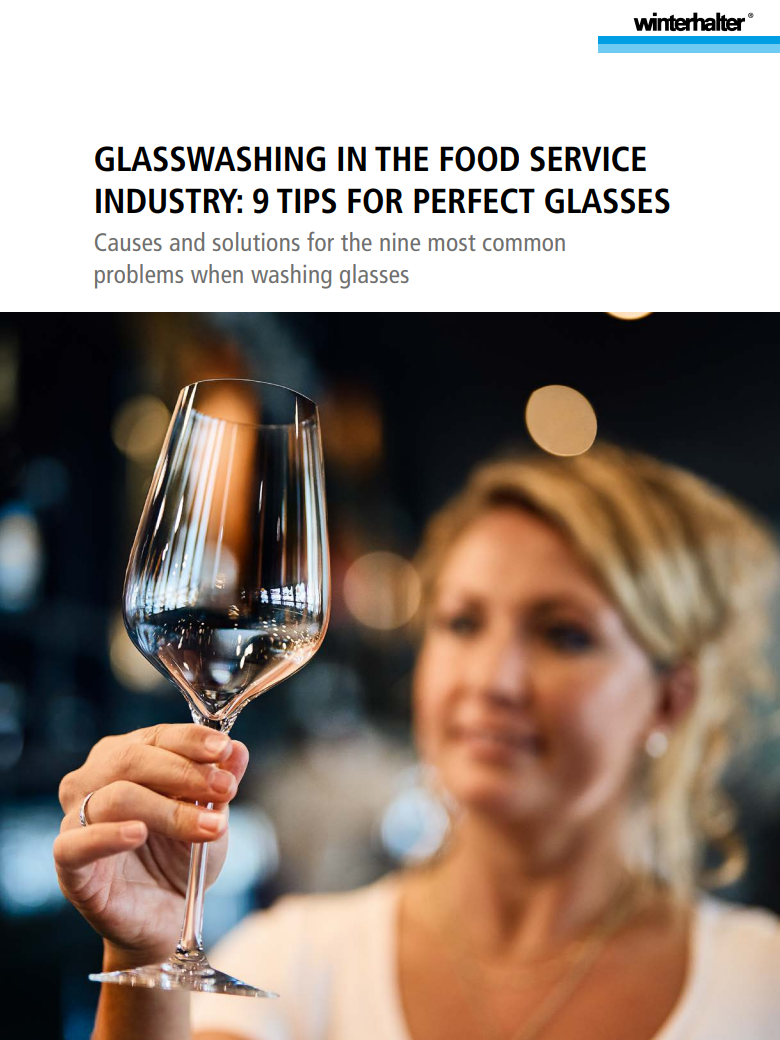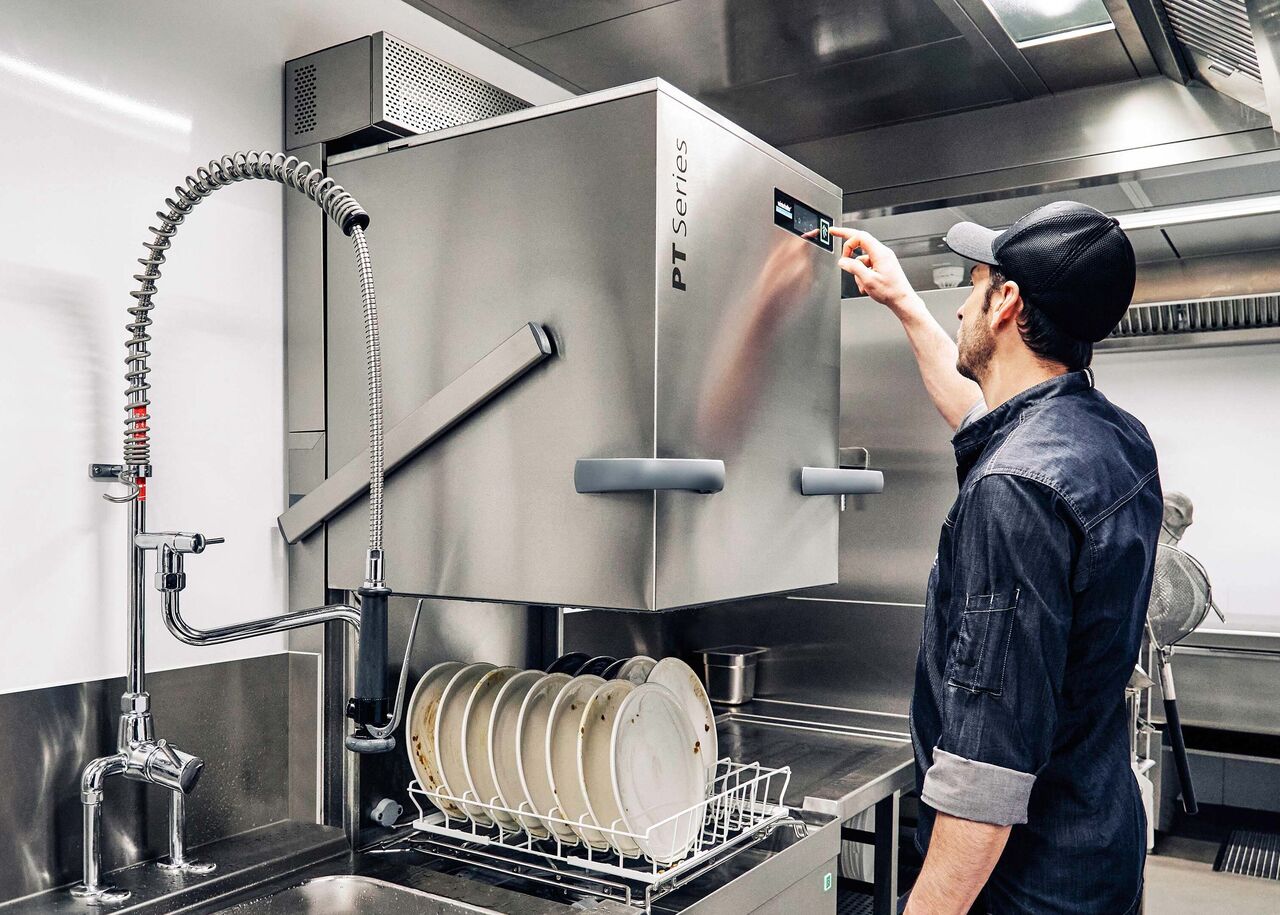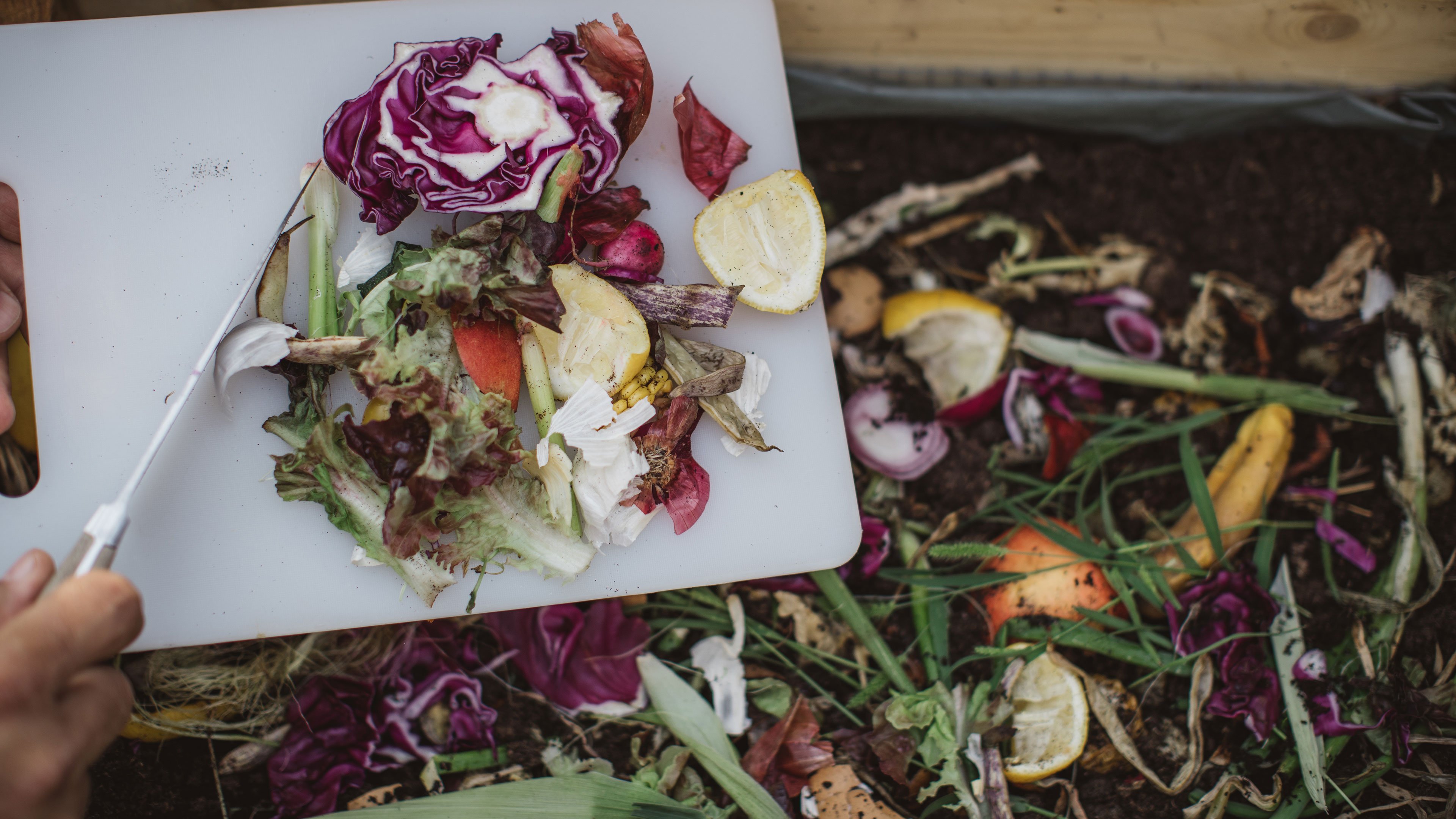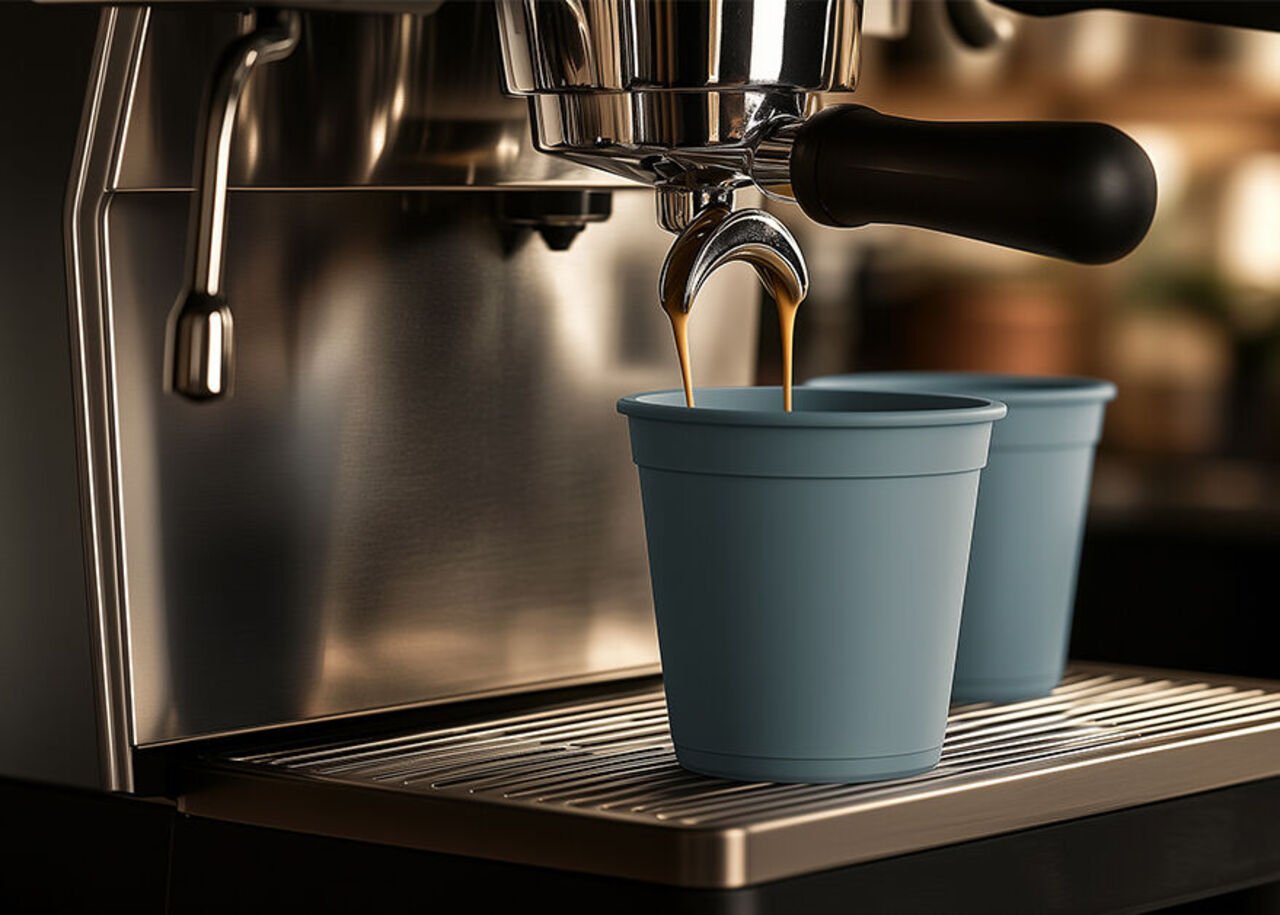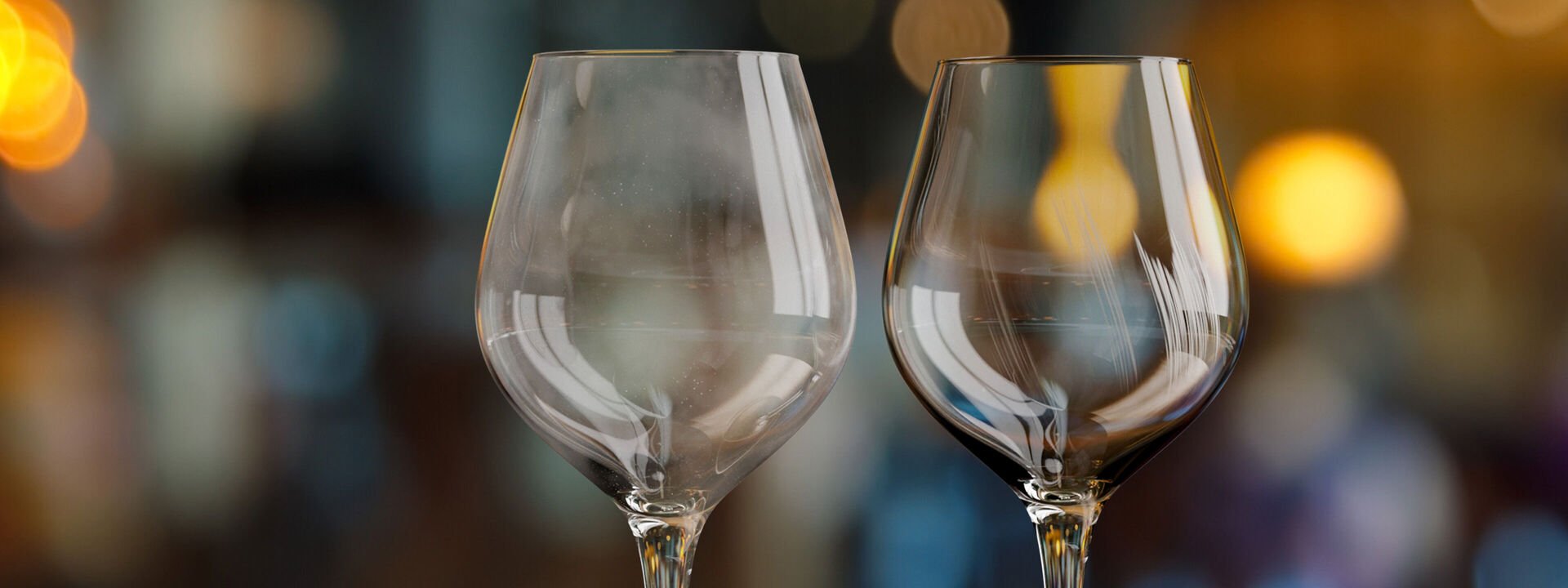
Glass corrosion: What you as a foodservice professional need to know
When glasses are washed in a warewasher, they eventually lose their radiant shine and become dull. This means: milky clouding, matt streaks or fine white lines appear on the glass surface. This is glass corrosion. Find out in this article what this actually is, why it is a normal ageing process and what you as a foodservice professional can do about it.
1 What is glass corrosion?
Glass corrosion is visible damage to the glass surface due to chemical and physical influences. In foodservice, it occurs when washing glasses and usually manifests as milky clouding. Glass corrosion is often also referred to as glass illness or glass disease. The process of glass corrosion cannot be reversed. But you can slow down the process and save costs.
2 How can glass corrosion be recognised?
Glass corrosion usually appears as milky clouding, matt streaks or fine vertical lines. These are caused by a roughening of the glass surface. Note: A rainbow-coloured shimmer is often also mentioned as a sign of glass corrosion. However, these are layers of silicate that have formed on the surface of the glass.
3 How does glass corrosion occur?
While the term may suggest it, glass corrosion is not the reaction of glass with oxygen - but a reaction of glass with humidity, water and chemicals. In foodservice, it occurs when washing glasses. The exchange of ions changes the chemical resistance of the glass. The result: Every time a glass is washed, a tiny amount of the glass material is removed from its surface.
On a new glass with a smooth and even surface, this removal is even and visually undetectable. However, if the glass is older and has already been damaged, more glass will be removed in some spots than others. This changes the way light is refracted and the uneven removal becomes visible: as milky clouding (cloud corrosion) or in the form of fine white lines (linear corrosion).
And what about rainbow-coloured shimmering? This is also a consequence of the removal of glass material. This is because the silicate structure of the glass is also dissolved in the process – and the silicates are deposited as layers on the surface of the glass and then shimmer in rainbow colours. This process is called iridescence.
4 What increases glass corrosion?
The two major causes of glass corrosion are pre-damaged glass and the reaction of glass with steam. There are also a number of other factors that contribute to or accelerate glass corrosion. These include inferior glass quality, too high temperatures during washing and unsuitable chemicals. The end of this article tells you what you can do to protect your glasses against glass corrosion.
5 Can glass corrosion be removed?
As already mentioned: no. Glass corrosion cannot be removed and is not reversible. Once the process has started, it cannot be stopped – it can only be slowed down. However, deposited silicate layers, which shimmer in rainbow colours, can be removed.
6 Do vinegar and similar help against glass corrosion?
No, soaking glasses in vinegar essence and adding a raw potato does not help against glass corrosion. Neither does denture cleaning tablets, vitamin C powder or rubbing glasses with lemon juice and then wrapping them in aluminium foil. And adding two lemon halves to the wash cycle doesn’t help either. There are countless home tips on the internet to prevent glass corrosion – not one will help. The only thing that vinegar can do for glasses is remove limescale deposits.
7 6 tips to prevent glass corrosion
A number of different factors contribute to glass corrosion: Each one has either a positive or negative influence. It starts with the quality of the glasses, includes the machine, the water treatment, the chemicals and the rack, and ends with the correct handling before and after the wash cycle. If you follow the following six tips, you will not completely prevent glass corrosion in your glasses, but you will significantly slow it down. And in the long term, this will save costs.

